AI and the Evolution of Human Consciousness
- March 15, 2025
- 0
Artificial Intelligence (AI) is evolving at an astonishing pace, reshaping the way we interact with technology and even how we perceive ourselves. So let’s talk about this topic,
Artificial Intelligence (AI) is evolving at an astonishing pace, reshaping the way we interact with technology and even how we perceive ourselves. So let’s talk about this topic,
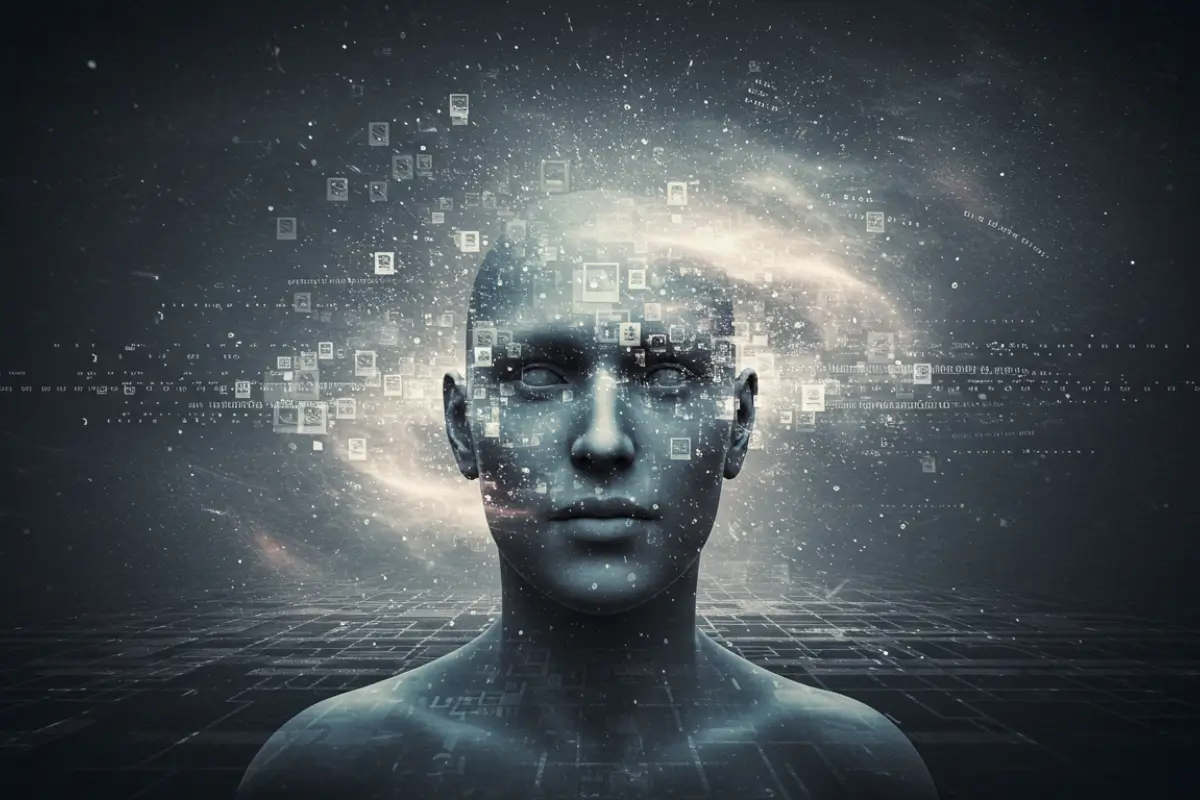
Artificial Intelligence (AI) is evolving at an astonishing pace, reshaping the way we interact with technology and even how we perceive ourselves.
So let’s talk about this topic, which I honestly think is a problem that could arise in the future with artificial intelligence. Like everything, it has its good and bad side, this is one of the good sides.
But what if AI isn’t just a tool? What if it’s playing a role in the evolution of human consciousness? That’s what I’ll be diving into today, connecting the dots between AI advancements and the way we, as humans, think, grow, and redefine intelligence itself.
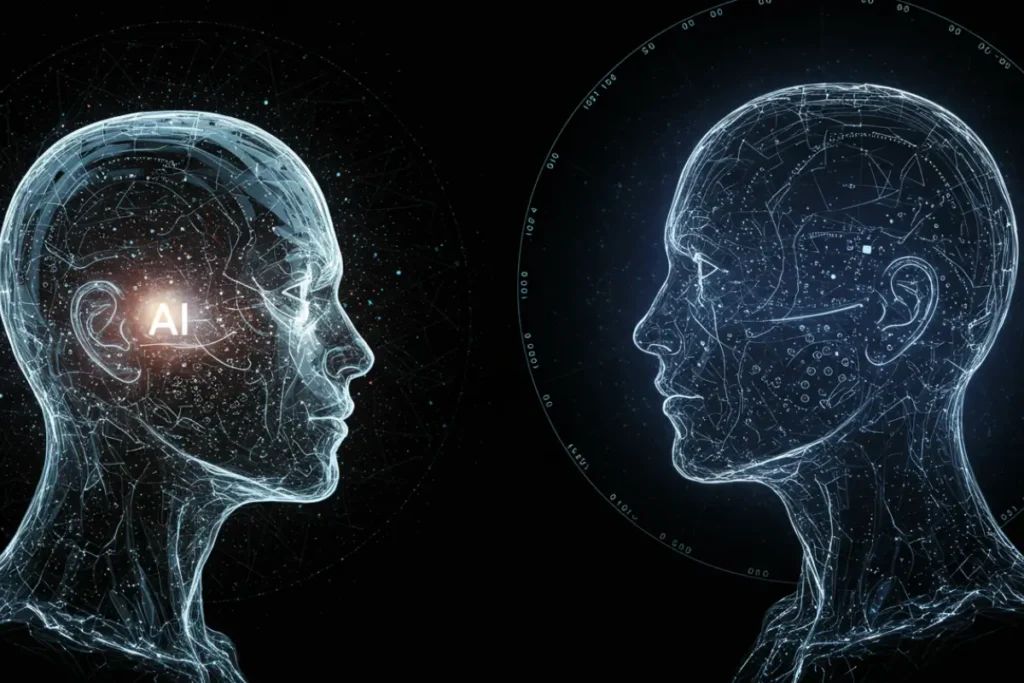
AI isn’t just changing industries—it’s influencing the way we think, process information, and even how we define intelligence.
As we integrate AI into our daily lives, the line between artificial and human cognition starts to blur. But what does this mean for the future of human consciousness?
One of the most profound ways AI is affecting our consciousness is by expanding our cognitive abilities.
We now rely on AI for memory storage, data analysis, and even creative processes. Just think about how search engines, AI-powered assistants, and recommendation algorithms have altered how we absorb and retain information.
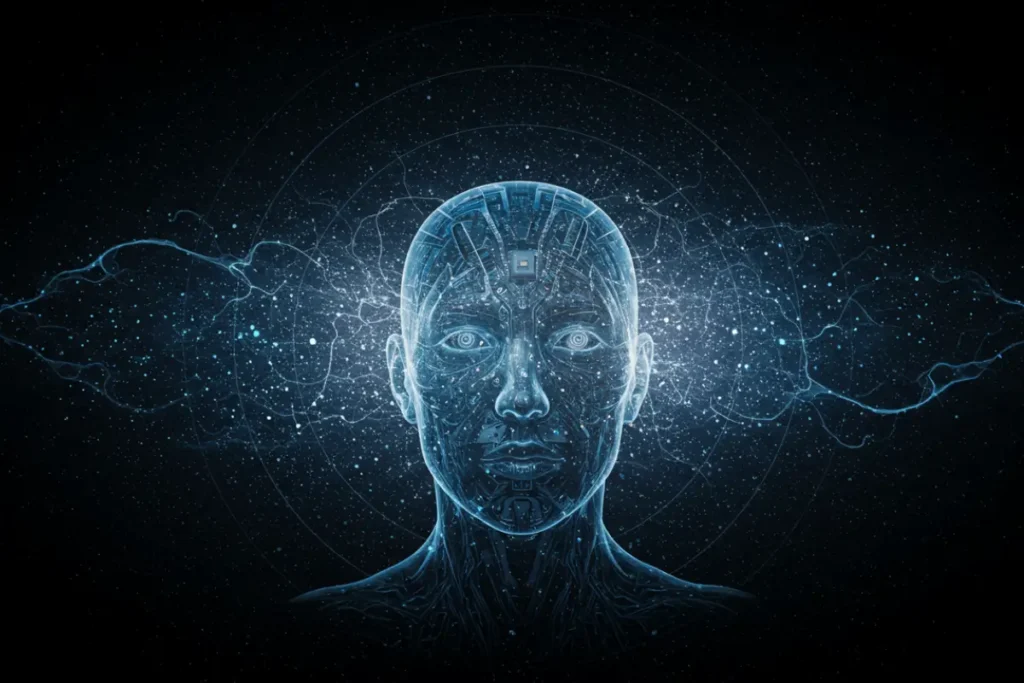
AI is influencing how we think, but more importantly, it’s reshaping why we think the way we do. As humans collaborate with AI, our thought processes evolve in the following ways:
With AI handling so many cognitive functions, we have to ask ourselves: What does it mean to be human in an AI-dominated world? Our identity is shifting as we delegate tasks to machines.
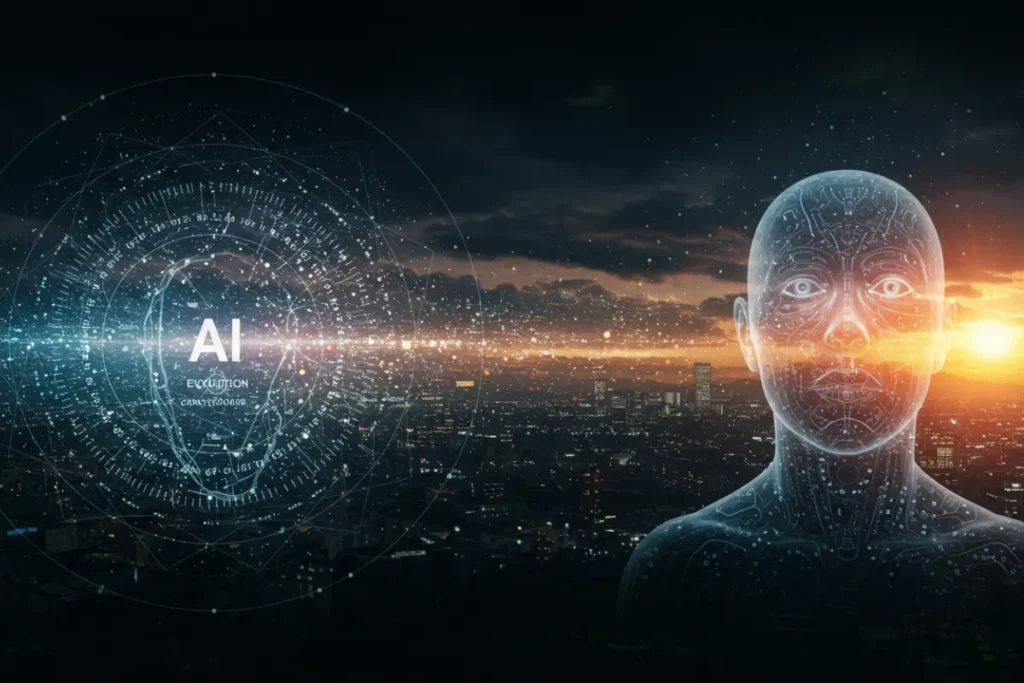
AI isn’t replacing human consciousness, but it’s certainly reshaping it. In the future, we might see even deeper integration:
▶ Can AI ever develop consciousness?
No, AI, as we understand it today, lacks self-awareness, emotions, and subjective experience. It processes data and follows algorithms but does not possess consciousness like humans do.
▶ How does AI affect human intelligence?
AI enhances human intelligence by automating repetitive tasks, expanding access to information, and improving decision-making. However, over-reliance on AI could impact critical thinking skills.
▶ Will AI replace human creativity?
No. AI-generated art, music, and literature are impressive, but they still lack the emotional depth and personal experiences that fuel human creativity.
▶ What are the ethical concerns of AI shaping human consciousness?
Major concerns include data privacy, AI bias, dependency on technology, and the potential loss of human autonomy in decision-making.
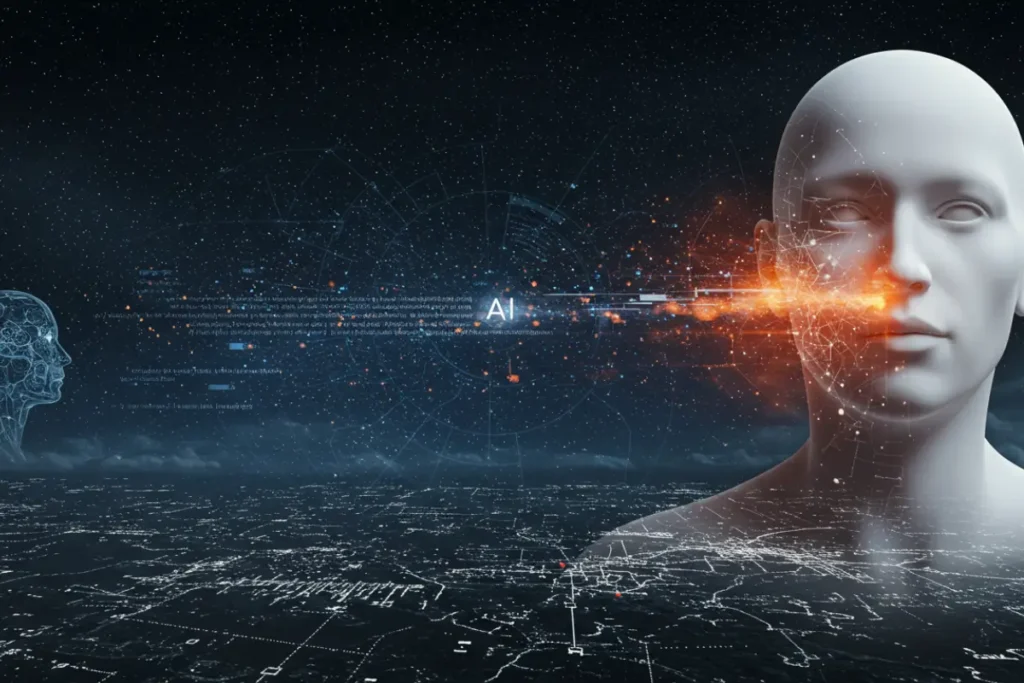
AI is not just transforming the world around us—it’s reshaping how we think, learn, and interact.
Well, I don’t think this will actually happen the way everyone who watches science fiction films thinks it will. I think it’s something much less impactful or grandiose, but it’s certainly something that will change people’s lives a lot.
As we continue to integrate AI into our daily lives, we must remain conscious of the changes it brings to our cognition and identity.
What do you think? Is AI expanding human consciousness, or are we losing a part of ourselves? Drop your thoughts in the comments below! And hey, if you liked this article, don’t forget to share it! 🚀
For an even deeper dive into AI’s impact on human thought, check out Futurist Intellect, where we explore the most exciting technological advancements shaping our future!